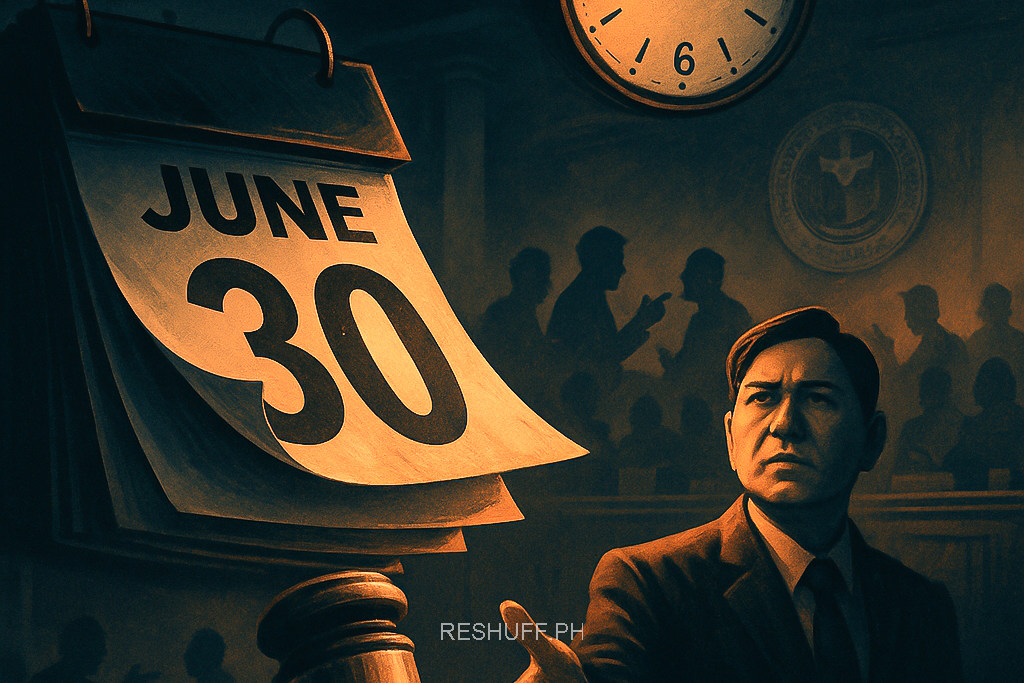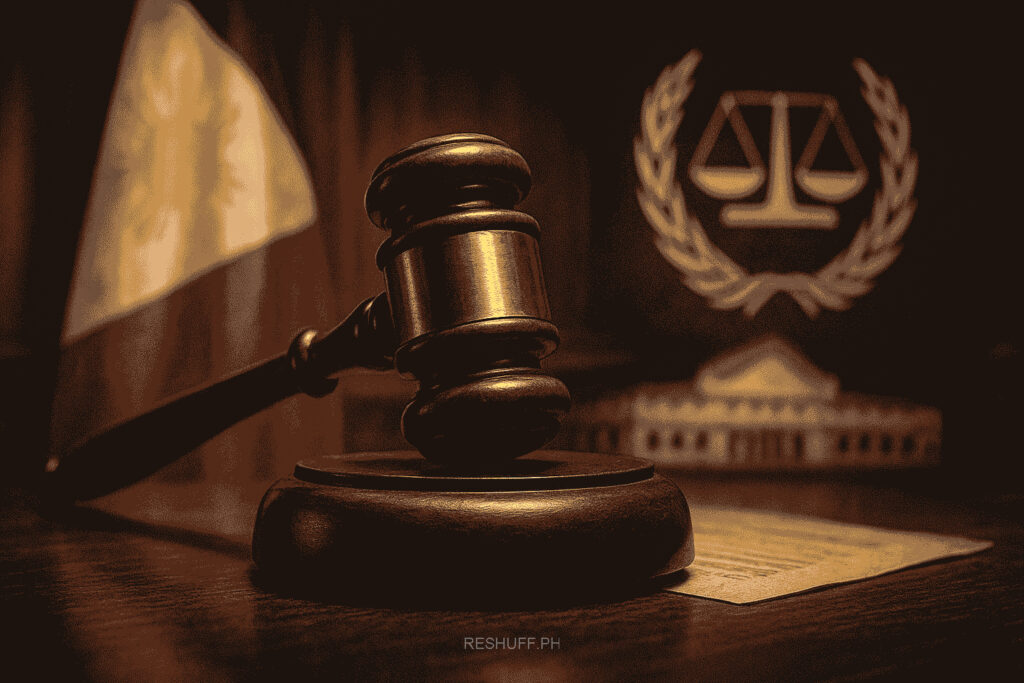A whisper in the halls of Congress has become a roar: the impeachment case against Vice President Sara Duterte, once seen as a political earthquake, may be dead on arrival. The reason? Not backroom deals or fiery debates, but the relentless march of time.
Election lawyer Romulo Macalintal didn’t mince words. “If the impeachment case against Sara Duterte starts being heard on June 2, that case is already dead.” His warning cuts through the noise: the Senate’s calendar, not political will, could be the real executioner.
The case began with drama. On February 5, 215 lawmakers—well above the required one-third—endorsed the complaint, which accused Duterte of misusing confidential funds and making threats against President Ferdinand Marcos Jr., First Lady Liza Araneta Marcos, and House Speaker Ferdinand Martin Romualdez. It was a historic moment: Duterte became the first Philippine vice president to be impeached.
But then, the momentum stalled. Congress adjourned the same day, and the articles of impeachment never reached the Senate floor. Months slipped by. Now, Senate President Francis Escudero has formally invited the House prosecutors to present the charges on June 2, with the Senate ready to convene as an impeachment court the next day.
Escudero promises the Senate is “prepared to receive” the prosecutors. But Macalintal is blunt: “The present Senate no longer has time—its term ends by June 30.” Senate rules are clear: all pending matters die with the adjournment of Congress. The new Senate, convening after June 30, can’t simply pick up where the old one left off.
“If the new Senate revives it, it would be considered as if it were presented for the first time,” Macalintal explained. But the Constitution forbids filing more than one impeachment case against the same official in a year. “Even if the Senate wanted to continue, they would likely hit a constitutional wall,” he added.
The Office of the Vice President confirmed it received the Senate’s letter about the June 2 proceedings. But Duterte’s camp has stayed silent on its defense, with sources saying they’re relying on constitutional arguments, not just political alliances, to block the trial.
Legal experts are divided. Some argue the trial could proceed during a Senate recess; others warn that dragging it into the next Congress is a constitutional gray area. Meanwhile, the public waits, watching as the clock ticks down.
At its core, this isn’t just a story about one official. Impeachment is not only a means of securing accountability of the highest public officers but also a test for democracy.
But for now, the test may end not with a verdict, but with the sound of a gavel closing the Senate session—and the case fading away.
Reshuff PH
Latest News In The Philippines brought to you by Philippine Daily Inquirer



